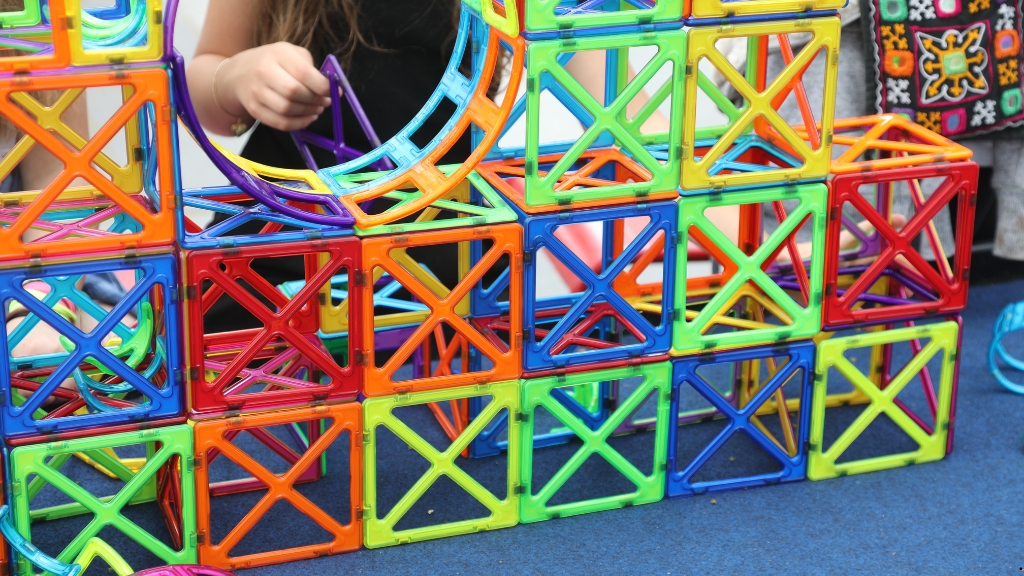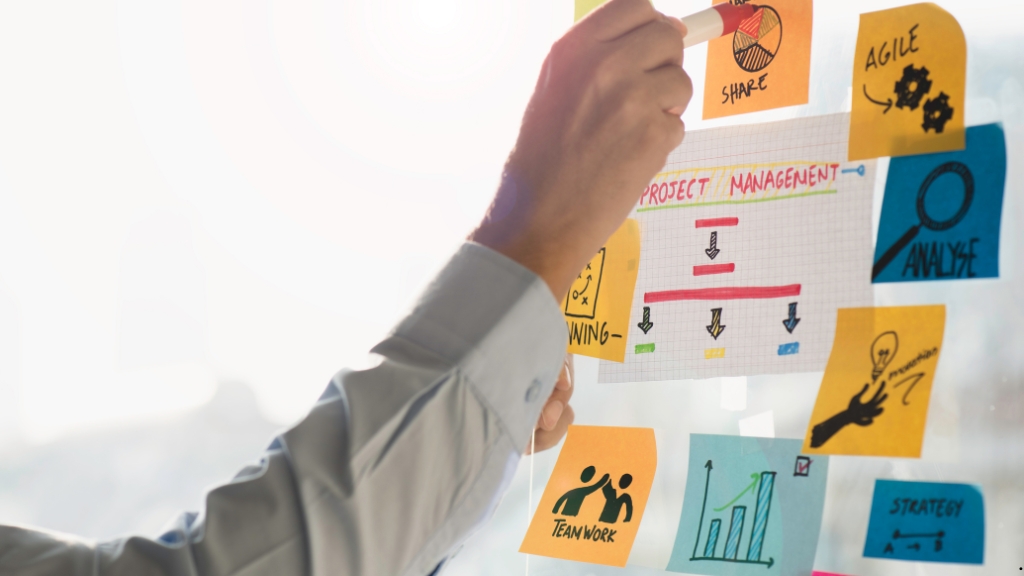
Top Educational Construction Games That Teach Real-Life Skills for Kids
When I think about the best ways to engage kids in learning, educational construction games immediately come to mind. These games not only spark creativity but also instill essential real-life skills that kids can carry into adulthood. From problem-solving to teamwork, the benefits of these interactive experiences are endless.
In a world where hands-on learning is becoming increasingly important, construction games offer a unique blend of fun and education. They challenge players to think critically while navigating through tasks that mimic real-world scenarios. Whether it's building a bridge or designing a city, these games empower kids to explore their potential and build a foundation for future success.
Overview of Educational Construction Games
Educational construction games offer interactive platforms where children can engage in learning while building and creating. These games stimulate imagination and encourage decision-making through practical applications. Players often face challenges that require strategic planning and resource management, fostering essential problem-solving skills.
Skills developed in these games include:
Critical Thinking: Players analyze problems and devise efficient solutions.
Creativity: Constructing projects encourages innovative ideas and unique designs.
Teamwork: Many games involve collaborative tasks, teaching effective communication and cooperation.
Planning: Players prioritize steps and allocate resources, enhancing organizational abilities.
Spatial Awareness: Assembling structures helps develop an understanding of space and dimensions.
Educational construction games come in various formats such as digital apps, board games, and physical building sets. Each format offers unique benefits, catering to different learning styles and preferences. This variety ensures accessibility to a broader audience, engaging diverse groups of children.
Incorporating educational construction games into learning environments not only makes learning enjoyable but also equips children with valuable life skills applicable in real-world situations.
Benefits of Educational Construction Games
Educational construction games offer numerous benefits, helping children acquire essential skills while engaging them in a playful learning environment. These games enhance critical thinking, creativity, and practical problem-solving abilities.
Development of Critical Thinking Skills
Educational construction games foster critical thinking by presenting challenges that require strategic analysis. Players must evaluate options, weigh consequences, and make informed decisions to progress. This process reinforces logic and reasoning skills, essential for navigating real-life situations. For instance, when faced with resource limitations in a game, children learn to prioritize tasks and manage materials efficiently. As a result, they build a strong foundation for analytical thinking that extends beyond gameplay.
Enhancing Creativity and Imagination
Educational construction games enhance creativity and imagination through hands-on building experiences. Players design structures, create environments, and develop unique solutions to problems. This process encourages self-expression and innovation. For example, constructing a dream house or designing an amusement park challenges kids to think outside the box and visualize their ideas. Such experiences not only promote imaginative play but also help children realize their creative potential, preparing them for future endeavors in various fields.
Popular Educational Construction Games
Educational construction games engage kids while teaching them essential skills. Here are two popular games that exemplify this blend of fun and learning.
Game 1: LEGO Education WeDo 2.0
LEGO Education WeDo 2.0 combines traditional building with coding for an interactive learning experience. This game allows children to create models and program movements using a simple interface.
Features:
Hands-On Learning: Kids build projects, fostering creativity and engineering skills.
Coding Integration: Offers basic programming lessons through fun activities.
Collaboration Opportunities: Encourages teamwork with group projects, enhancing communication skills.
Curriculum Alignment: Supports science and technology education standards, ensuring relevance to classroom learning.
Game 2: Minecraft: Education Edition
Minecraft: Education Edition provides a unique platform for creative storytelling and collaboration in a virtual environment. It transforms the traditional gaming experience into an educational tool that promotes skill development.
Features:
Creativity Enhancement: Players design and build structures, encouraging innovative thinking.
Collaboration Mechanics: Offers multiplayer functionalities for cooperative projects and shared goals.
Interactive Lessons: Includes built-in lessons covering various subjects, from history to mathematics.
Problem-Solving Challenges: Engages students in overcoming obstacles, reinforcing logical reasoning skills.
These games clearly illustrate how educational construction games provide practical skills in engaging ways, equipping children for real-life challenges.
How These Games Teach Real-Life Skills
Educational construction games offer a hands-on approach to learning, equipping children with essential real-life skills through interactive play. These skills include problem-solving, decision-making, collaboration, and teamwork.
Problem-Solving and Decision-Making
Problem-solving and decision-making emerge as fundamental skills developed through educational construction games. Players face realistic challenges that require them to analyze situations, weigh options, and devise strategic solutions. For example, when constructing a bridge in a game, children must assess materials, balance loads, and anticipate structural integrity. This process enhances logical reasoning and critical thinking, enabling kids to apply similar methods to real-world problem-solving scenarios.
Collaboration and Teamwork
Collaboration and teamwork are crucial components of many educational construction games. Players often work in groups to complete projects or overcome challenges, fostering communication and cooperation among peers. Engaging in joint construction tasks teaches children to share ideas, delegate responsibilities, and respect diverse perspectives. Through these interactive experiences, kids learn the importance of collaboration, which is vital in both academic and professional settings.
Conclusion
Educational construction games are more than just fun; they’re powerful tools that prepare kids for real-life challenges. By engaging in these interactive experiences, children not only learn essential skills but also discover their creativity and problem-solving abilities.
These games create a unique environment where teamwork and collaboration thrive. As kids navigate various challenges, they develop critical thinking and resource management skills that will serve them well in the future.
Incorporating educational construction games into learning can transform the way children approach education. They become active participants in their learning journey, equipped with the skills they need to succeed in an ever-changing world. Embracing these games is a step towards fostering a generation ready to tackle real-world problems with confidence and creativity.


